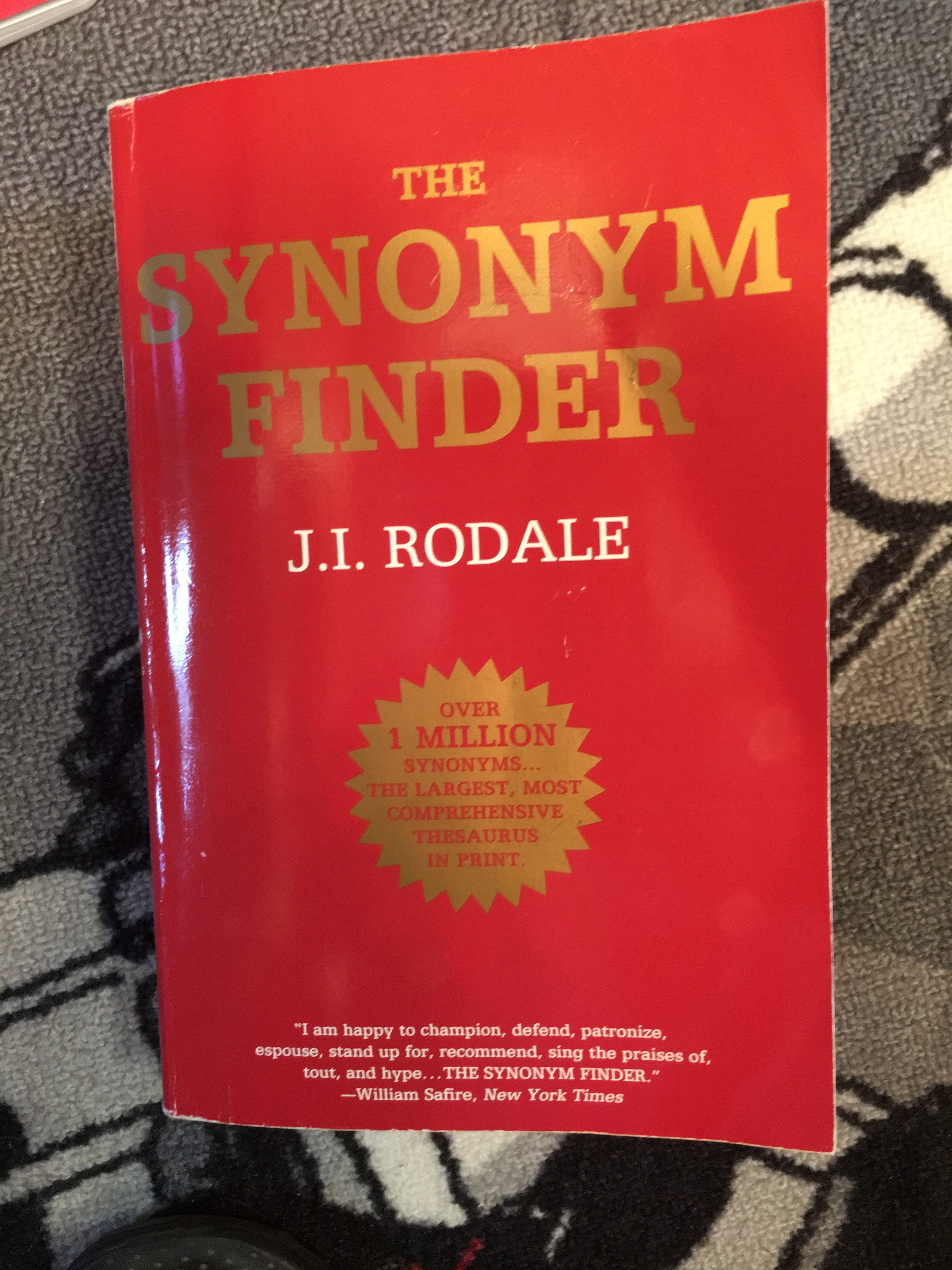What Does "Brooked" Mean? A Deep Dive Into Its Definition And Usage
Have you ever stumbled upon the word "brooked" and wondered what it actually means? Well, buckle up, because we're about to embark on a wild ride to explore this term in all its glory. Whether you're a word enthusiast, a curious learner, or just someone who wants to sound smarter in conversations, this article is for you. So, let's dive right in and figure out what "brooked" is all about, shall we?
In today's fast-paced world, language evolves faster than ever before. Words that once seemed obscure or outdated suddenly find themselves back in vogue. And that's exactly where "brooked" fits into the picture. This term has been around for centuries, but its modern-day usage is worth exploring.
So, why should you care about "brooked"? Well, understanding its definition and context can help you communicate more effectively, especially in situations where precision matters. Whether you're writing an essay, having a deep conversation, or just trying to impress your friends, knowing how to use "brooked" correctly can make all the difference. Let's get started!
- Jim Cramer Net Worth The Inside Story You Need To Know
- Adam Curry The Man Who Shaped The Podcasting Revolution
What Exactly Does "Brooked" Mean?
Alright, let's cut to the chase. The word "brooked" is the past tense of the verb "brook," which means to endure, tolerate, or put up with something. For example, if someone says, "I won't brook any nonsense," they're essentially saying, "I won't tolerate any nonsense." It's a pretty straightforward concept, but the nuances of its usage can vary depending on context.
Here's a quick breakdown:
- Brook: The base verb, meaning to endure or tolerate.
- Brooked: The past tense form, indicating that something was endured or tolerated in the past.
- Brooking: The present participle, used to describe the act of enduring or tolerating something in the moment.
Now that we've got the basics down, let's explore how this word fits into different contexts. Stick around, because it's about to get interesting!
- Barbara Handler The Iconic Figure Who Shaped Modern Real Estate
- Sarah Bowmar Net Worth Unveiling The Hidden Gems Of A Rising Star
Historical Context: Where Did "Brooked" Come From?
Language is like a time capsule, preserving the essence of past cultures and societies. The word "brook" has its roots in Old English, specifically from the word "brucan," which means "to use" or "to enjoy." Over time, its meaning shifted to include the idea of enduring or tolerating something.
By the Middle English period, "brook" had taken on a more specific connotation, often used in formal or literary contexts. In fact, you'll find it in classic works like Shakespeare's plays and the King James Bible. For example, in Shakespeare's "The Taming of the Shrew," the character Petruchio famously declares, "I'll brook no contradiction." This usage highlights the word's association with authority and determination.
Fast forward to modern times, and "brooked" is still alive and well, though it's become less common in everyday speech. However, that doesn't mean it's lost its charm or utility. In fact, using "brooked" in the right context can add a touch of sophistication to your language.
Common Usage of "Brooked" in Everyday Language
Now that we've covered the historical background, let's talk about how "brooked" is used in everyday language. While it might not be as common as other words, it still pops up in certain contexts, especially in formal or literary settings.
Examples of "Brooked" in Sentences
Here are a few examples to help you understand how "brooked" can be used in real-life situations:
- She didn't brook any arguments when it came to her decision to leave.
- He brooked the harsh criticism from his peers with remarkable resilience.
- The teacher made it clear that she wouldn't brook any disruptive behavior in class.
Notice how the word "brooked" adds a sense of seriousness and finality to these sentences. It's not just about tolerating something; it's about actively refusing to accept anything less than what you expect.
Is "Brooked" Still Relevant Today?
This is a question that comes up a lot in language discussions. With so many new words and phrases entering our vocabulary every day, it's natural to wonder whether older terms like "brooked" still have a place in modern communication.
The answer is a resounding yes. While "brooked" might not be part of everyday conversation, it still holds value in certain contexts. For instance, writers, lawyers, and academics often use it to convey a sense of authority and precision. Additionally, its use in literature and historical texts ensures that it remains relevant for those interested in the evolution of language.
Common Misconceptions About "Brooked"
Like many words, "brooked" can be misunderstood or misused. Here are a few common misconceptions to watch out for:
It's Not Just About Tolerance
One of the biggest mistakes people make is equating "brooked" with simple tolerance. While it does involve enduring something, it carries a stronger connotation of refusal to accept anything less than what's expected. So, if someone says they won't "brook any nonsense," they're not just tolerating it—they're actively rejecting it.
It's Not Always Negative
Another misconception is that "brooked" is always used in a negative context. While it's often associated with authority and strictness, it can also be used in positive ways. For example, you might say, "She brooked the challenges of starting a new business with unwavering determination." In this case, the word adds a sense of resilience and strength.
How to Use "Brooked" Effectively
Now that we've covered the basics, let's talk about how to use "brooked" effectively in your own writing and speech. Here are a few tips to help you master this word:
- Know Your Audience: Consider who you're speaking to and whether "brooked" is appropriate for the context. For example, it might be too formal for casual conversations but perfect for academic or professional settings.
- Be Precise: Use "brooked" only when you want to convey a sense of authority or determination. Overusing it can dilute its impact.
- Pair It with Strong Verbs: Words like "demand," "expect," and "require" pair well with "brooked" to create a powerful message.
By following these tips, you'll be able to use "brooked" in a way that enhances your communication without overwhelming your audience.
Fun Facts About "Brooked"
Who doesn't love a good fun fact? Here are a few interesting tidbits about "brooked" that might surprise you:
- It's one of the oldest words in the English language, with roots dating back to the 9th century.
- Shakespeare used "brooked" in several of his plays, making it a staple of Elizabethan English.
- In some dialects, "brooked" is still used in everyday speech, especially in rural or traditional communities.
So, the next time someone tells you that "brooked" is outdated, you can confidently say, "Not so fast!"
Conclusion: Why "Brooked" Matters
To wrap things up, "brooked" is more than just a word—it's a powerful tool for communication. Whether you're writing a formal essay, delivering a speech, or just trying to sound smarter in conversations, understanding its meaning and usage can make all the difference.
So, what's next? Why not try using "brooked" in your own writing or speech? Share your experiences in the comments below, and don't forget to check out our other articles for more language tips and tricks. Until next time, keep expanding your vocabulary and embracing the beauty of language!
Table of Contents
- What Does "Brooked" Mean?
- What Exactly Does "Brooked" Mean?
- Historical Context: Where Did "Brooked" Come From?
- Common Usage of "Brooked" in Everyday Language
- Is "Brooked" Still Relevant Today?
- Common Misconceptions About "Brooked"
- How to Use "Brooked" Effectively
- Fun Facts About "Brooked"
- Conclusion: Why "Brooked" Matters
Article Recommendations
- Jason Aldean 2025 Tour Get Ready For The Ultimate Country Music Adventure
- Joe Theismann Net Worth The Inside Scoop On The Nfl Legendrsquos Wealth



Detail Author:
- Name : Peter Cormier
- Username : judy.zemlak
- Email : williamson.josue@bode.net
- Birthdate : 1998-06-29
- Address : 5005 Bode Rapid Vaughnfurt, OK 30125
- Phone : 1-930-557-6243
- Company : Hagenes, Vandervort and Heidenreich
- Job : Public Relations Manager
- Bio : Velit nulla quia aut incidunt sunt ut rerum incidunt. Autem eos ut aut. Perspiciatis officiis blanditiis omnis dolor. Aperiam rerum dicta ullam libero distinctio accusantium exercitationem quia.
Socials
facebook:
- url : https://facebook.com/collier1976
- username : collier1976
- bio : Ex maxime minus harum quis ea est. Quo aliquid quam quas natus quod.
- followers : 265
- following : 2725
linkedin:
- url : https://linkedin.com/in/collier2006
- username : collier2006
- bio : Velit quisquam occaecati praesentium.
- followers : 6675
- following : 311
instagram:
- url : https://instagram.com/collierb
- username : collierb
- bio : Harum sapiente quia deleniti voluptatem sit alias quo sequi. Ut qui quis aut sunt accusamus.
- followers : 4711
- following : 40
tiktok:
- url : https://tiktok.com/@bridgette_xx
- username : bridgette_xx
- bio : Ad libero rerum saepe. Ex ab expedita expedita omnis quia temporibus excepturi.
- followers : 6046
- following : 1914